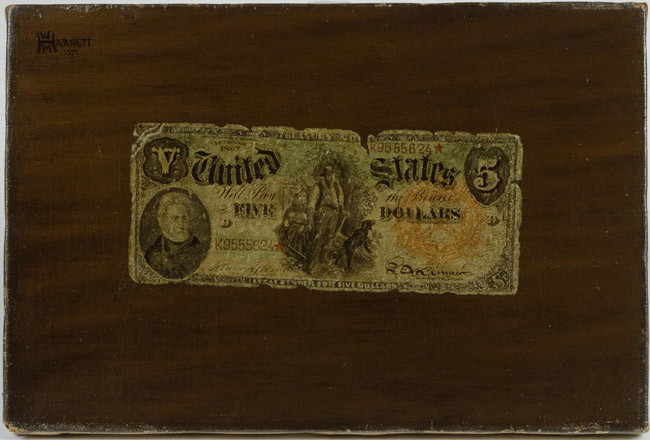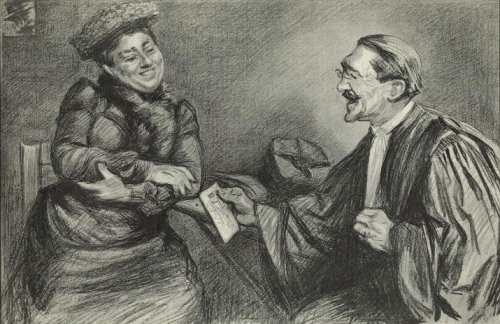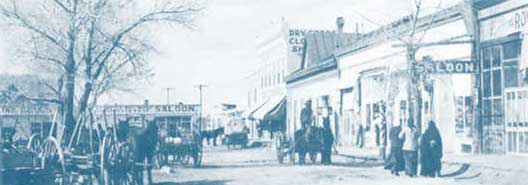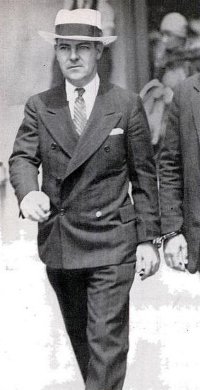On Sept. 18, 1989, a frightened teenage girl walked into William B. Jack Elementary School in Portland, Maine. “She just stopped at the counter,” teacher’s aide Judi Fox told the Houston Chronicle. “She walked in and signed a little bit.” Realizing that the girl was seeking help, Fox summoned a teacher who knew sign language and the two took her to a nearby school for the deaf.
Communicating in gestures and drawings, the deaf girl explained that she had been abducted about three years earlier, possibly from a foster home in California, and then moved several times. She believed she was 15 years old, and had been given the name Toby Cole by her captors, though authorities could find no missing-persons report that matched her case.
FBI agent Paul Cavanagh added, “From some of the drawings she was able to provide, it is believed that some of the people she was with since her abduction may have been tied to the occult.”
Unfortunately, no further clues to the girl’s identity were ever found, and she was able to provide no information leading to arrests. She was placed in a foster home, and the case remains unsolved.
On the same theme: In 2009 former Gallaudet University student Joseph Mesa Jr. was convicted of murdering two classmates. The jury rejected his claim that a pair of black hands had urged him on in sign language. Prosecutor Jeb Boasberg said, “An insanity defense doesn’t work if you’re not insane.”
UPDATE: There were further developments in the Toby Cole story, though they make the whole tale even stranger. Police and FBI investigators identified the woman as 27-year-old Margaret Louise Herget of Sandy, Ore. She had moved to Louisiana in August and then to Maine just a few days before turning up at the school. Police lieutenant Michael Bouchard told the Associated Press in October that Herget was hearing-impaired but not deaf and that authorities no longer believed that she had been abducted. But why she had concocted the story, so far as I can tell, is still a mystery. Thanks to everyone who wrote in about this.






